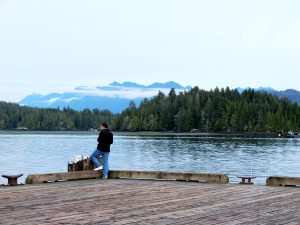 I have endeavoured within these jottings over the past four and more years to record at least some information that might be of use to others contemplating relocating from their various loci on the planet – to Canada… and in particular to the Pacific northwest. I have not been alone in doing this, of course, there being plentiful sources of such information on the InterWebNet.
I have endeavoured within these jottings over the past four and more years to record at least some information that might be of use to others contemplating relocating from their various loci on the planet – to Canada… and in particular to the Pacific northwest. I have not been alone in doing this, of course, there being plentiful sources of such information on the InterWebNet.
It strikes me that this combined pool of knowledge might find itself increasingly in demand as the uncertain political situation in the UK and in Europe continues to evolve. Should this November’s election south of the border here produce the outcome that all sane men and women must surely be praying could never happen, interest in this idyllic corner of the globe might sky-rocket.
Of course – this ‘public service’ is only a part of the brief that I set myself when inaugurating my own humble ramblings. One of the main reasons for continuing to record our progress, as we departed the English home-counties and commenced the long process of settling in on the coast of British Columbia, is to better inform our loved-ones, our friends and those with whom we have become acquainted over the years on either side of the pond, about the places in which we have been fortunate enough to reside and of the peoples who live there.
Whilst yet in England I tried to give a flavour of life there for those who live in Canada and elsewhere. Now that we are in B.C. I do my best to provide a balanced and compelling – if inevitably partial – descriptive and visual depiction of this beautiful part of the world for all those who have an interest therein.
With this mission in mind I was delighted to find the other day – on the BBC’s fourth TV channel, BBC4 – the first of a two-part documentary by British Museum archaeologist Dr. Jago Cooper, entitled ‘Masters of the Pacific Coast: The Tribes of the American Northwest‘. This exquisitely filmed programme muses upon the extraordinary resilience of the indigenous peoples of the Pacific northwest who have evolved an intricate and sophisticated culture over a 10,000 year period – without ever ‘resorting’ to agriculture!
The programme is fascinating and delightful and offers a good picture of the history of this rugged coast. More information may be gleaned from this review by Marina Vaizey on theartsdesk.com, and the first part of the documentary can be found on the BBC iPlayer – for those who have access to such. The final part will be shown on BBC4 this Thursday – 4th August.
Were the film to do no more than to offer images of the ravishing beauty of this land I would find myself quite choked up thereby. It is, of course, much more that just that as The Arts Desk review attests:
“The programme did with an ease of manner what television in Reithian mode can do so well: deliver a plethora of unfamiliar facts anchored by the amiable charm of a scholarly presenter, made memorable by endless scenes of beautiful wilderness and occasional surprises.”
I firmly recommend catching this documentary before it disappears from the iPlayer.
Erratum – I see that the second part was on today, Wednesday 3rd. Sorry about that. Thank goodness for the iPlayer!

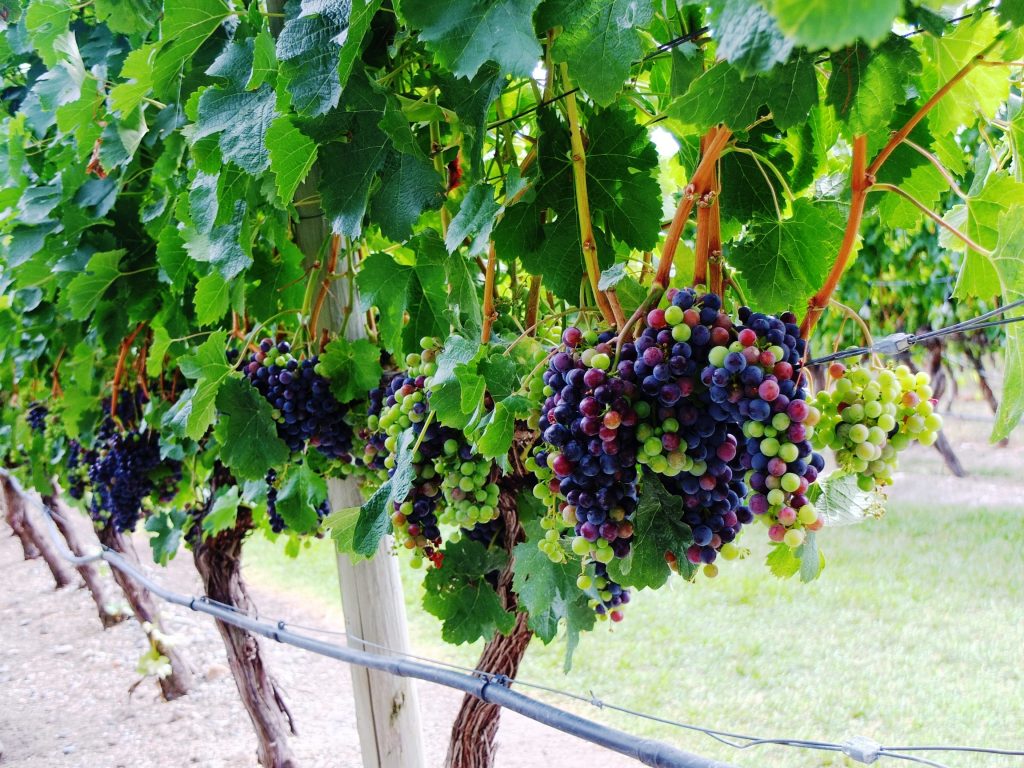
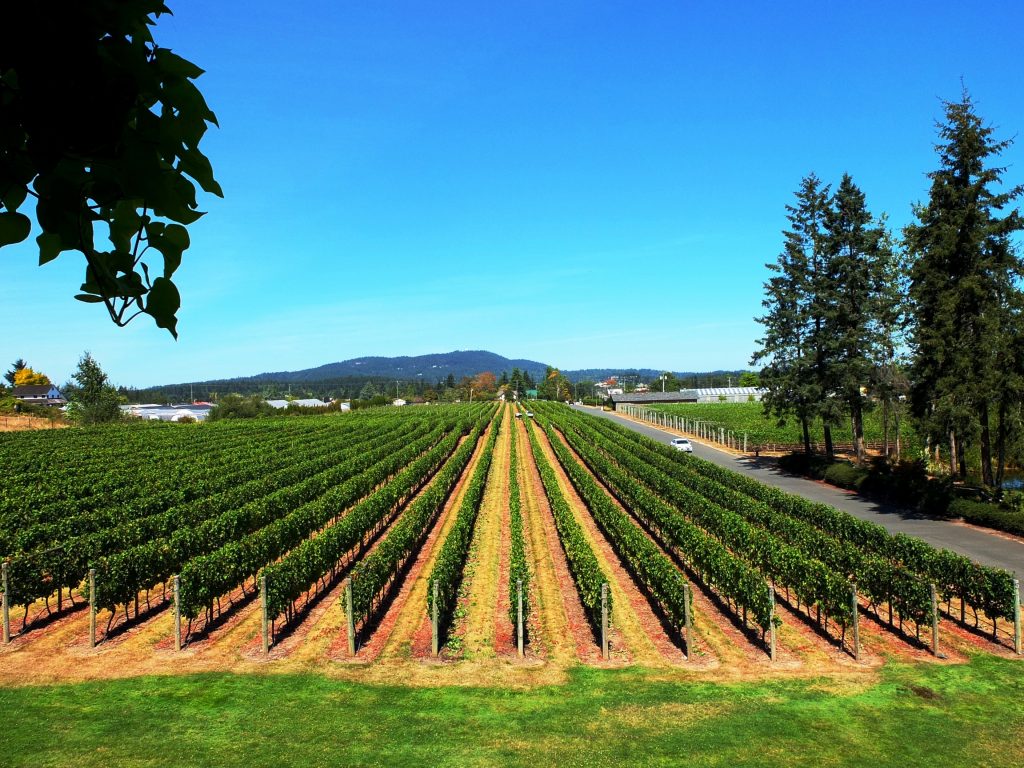
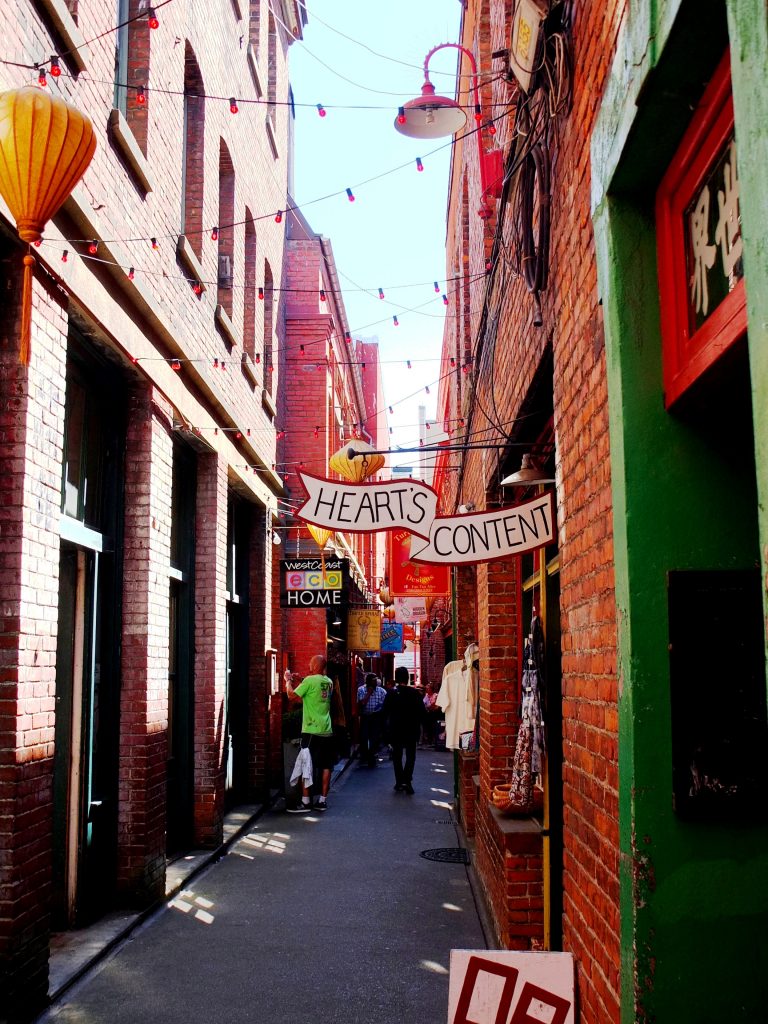
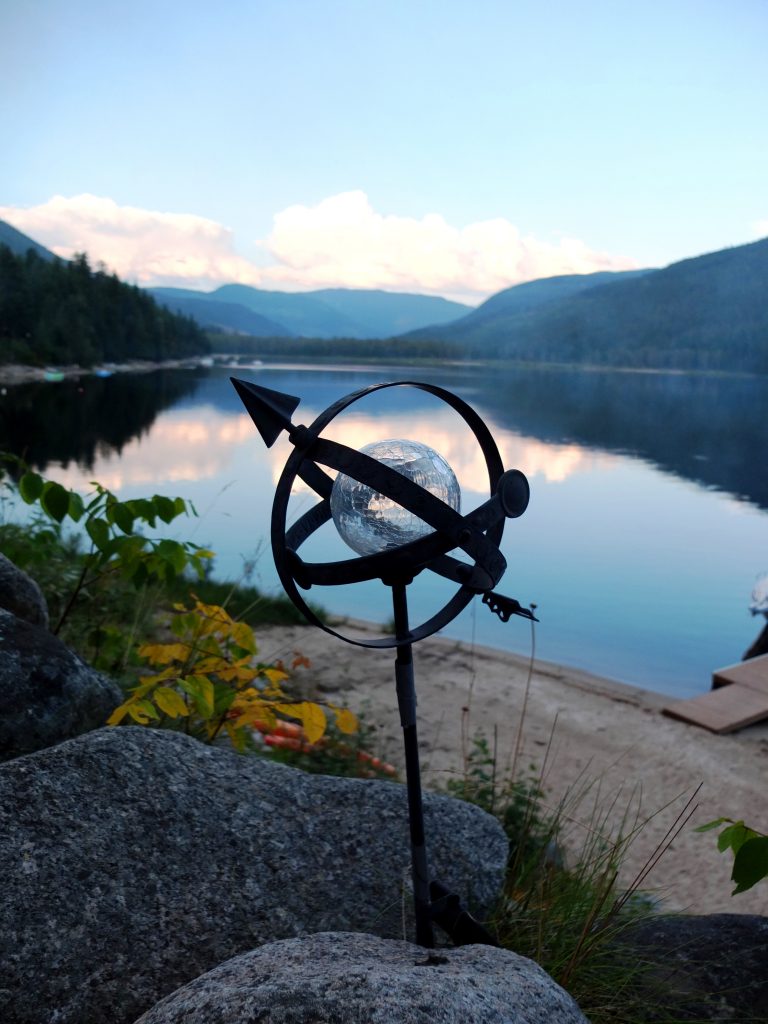
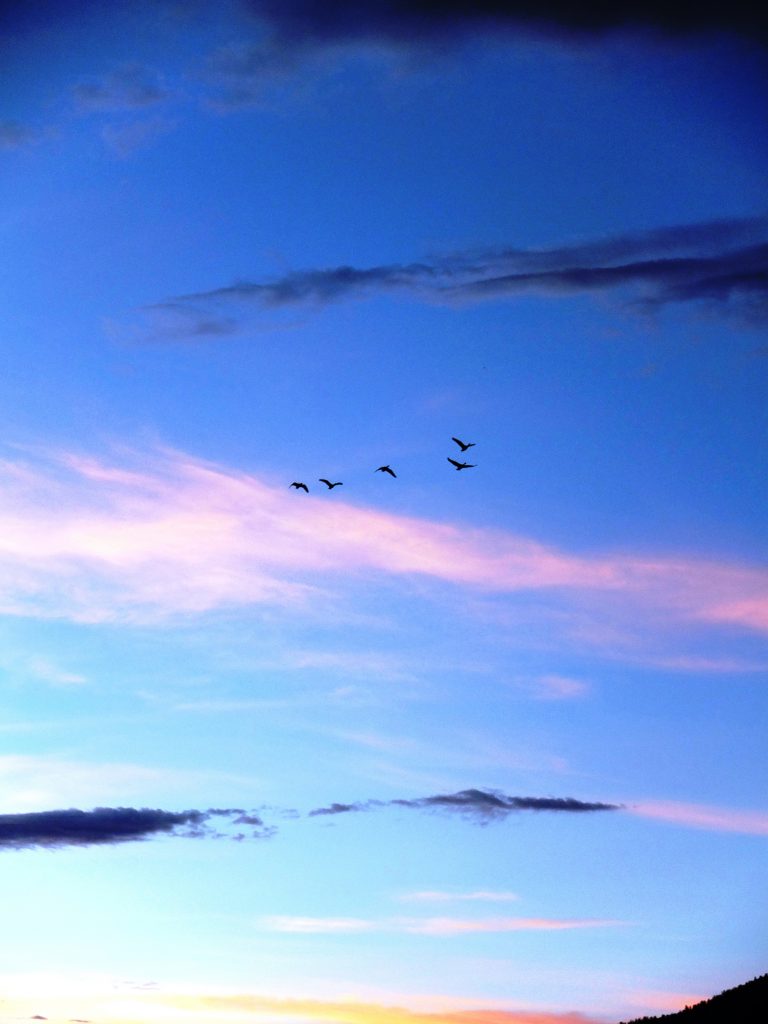
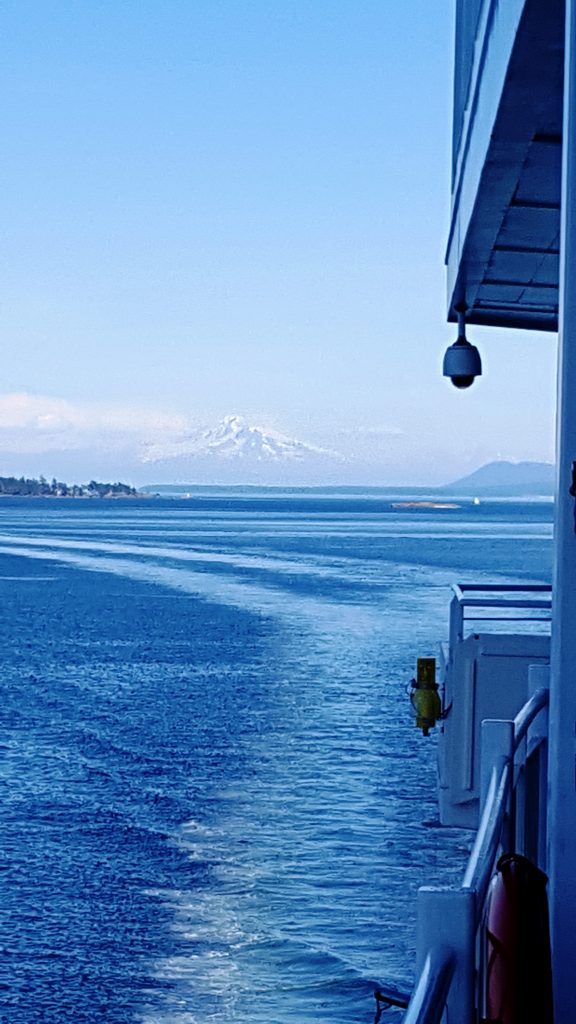
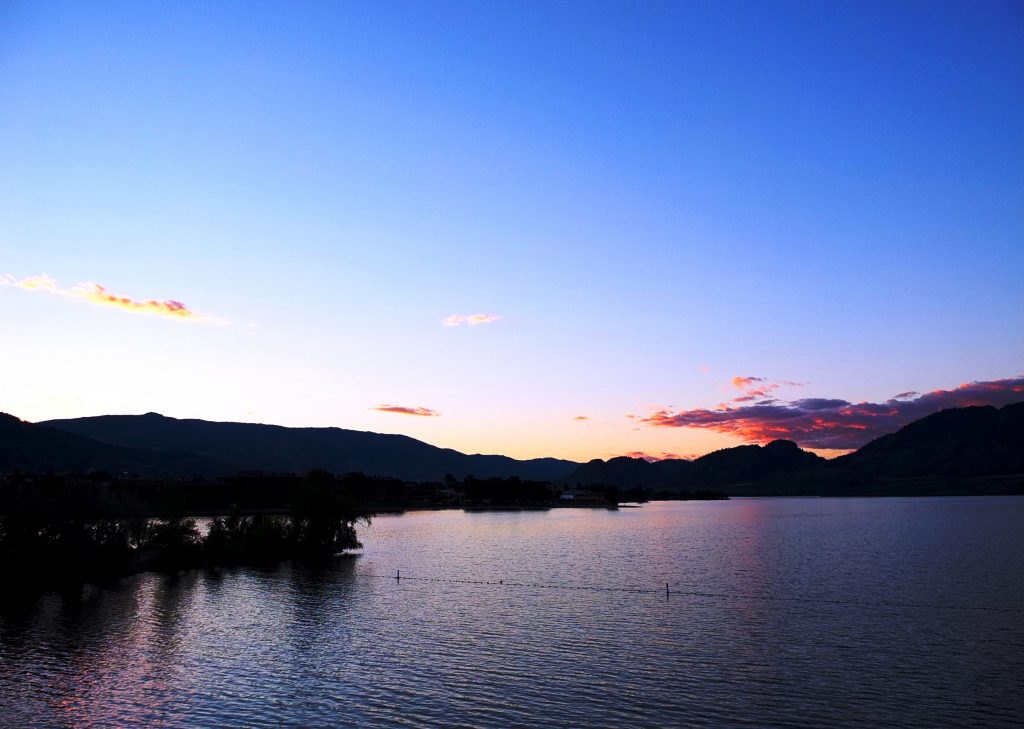
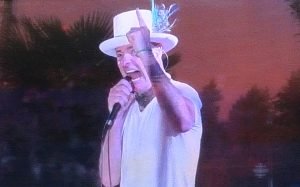
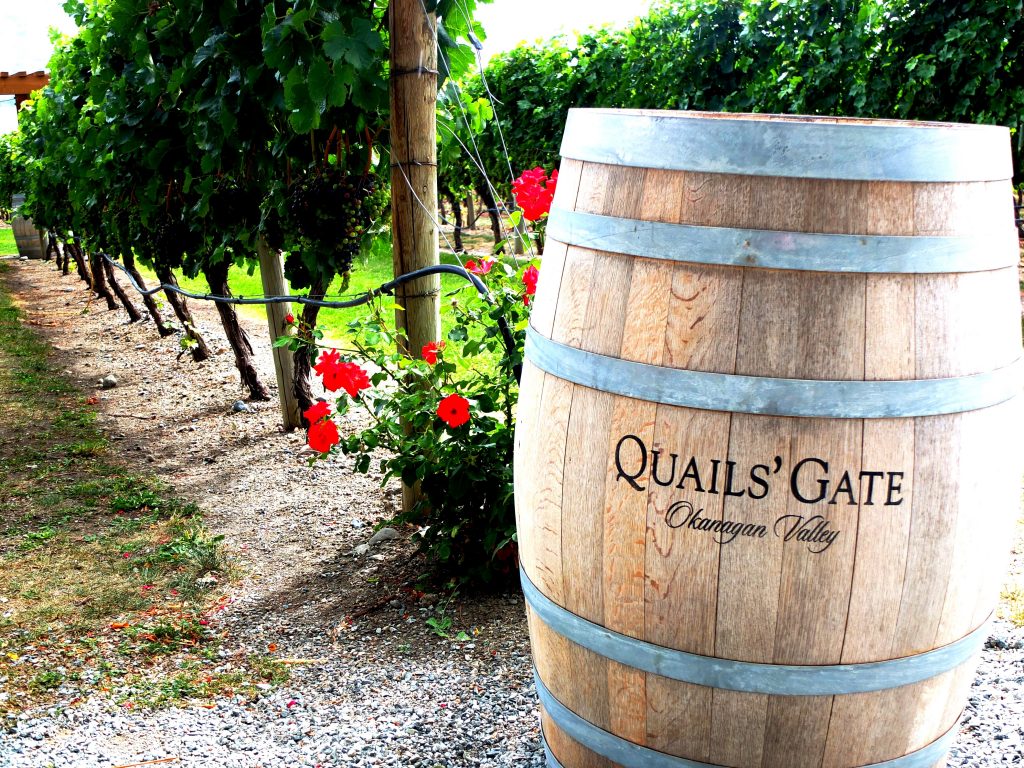
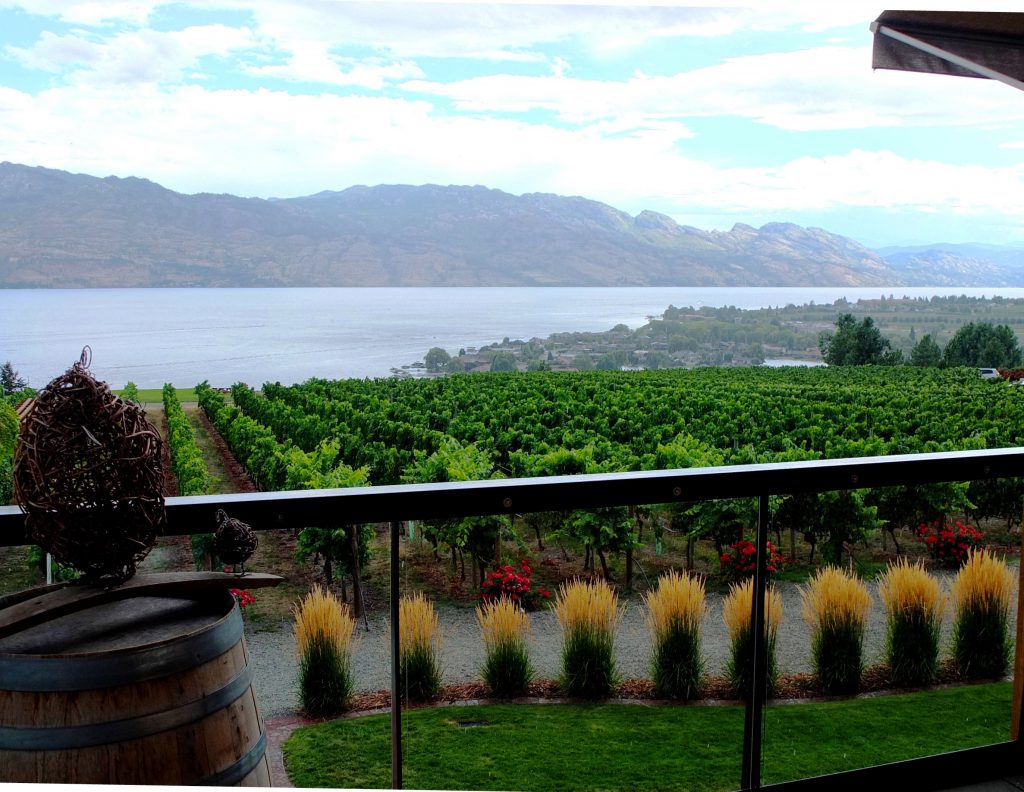
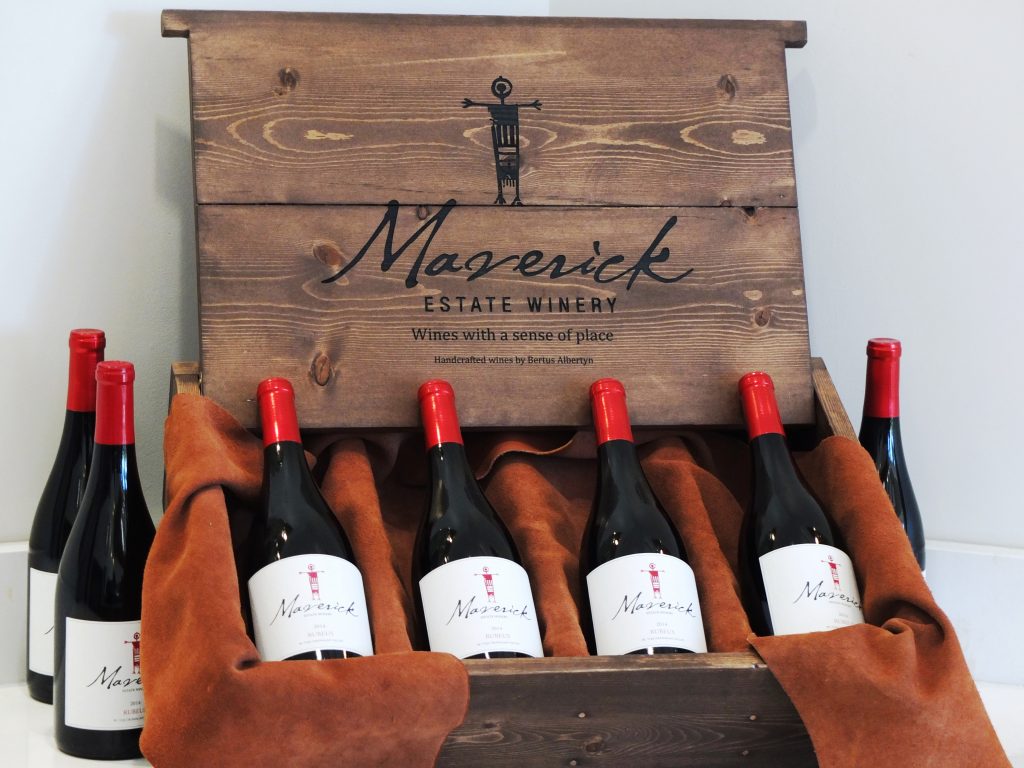
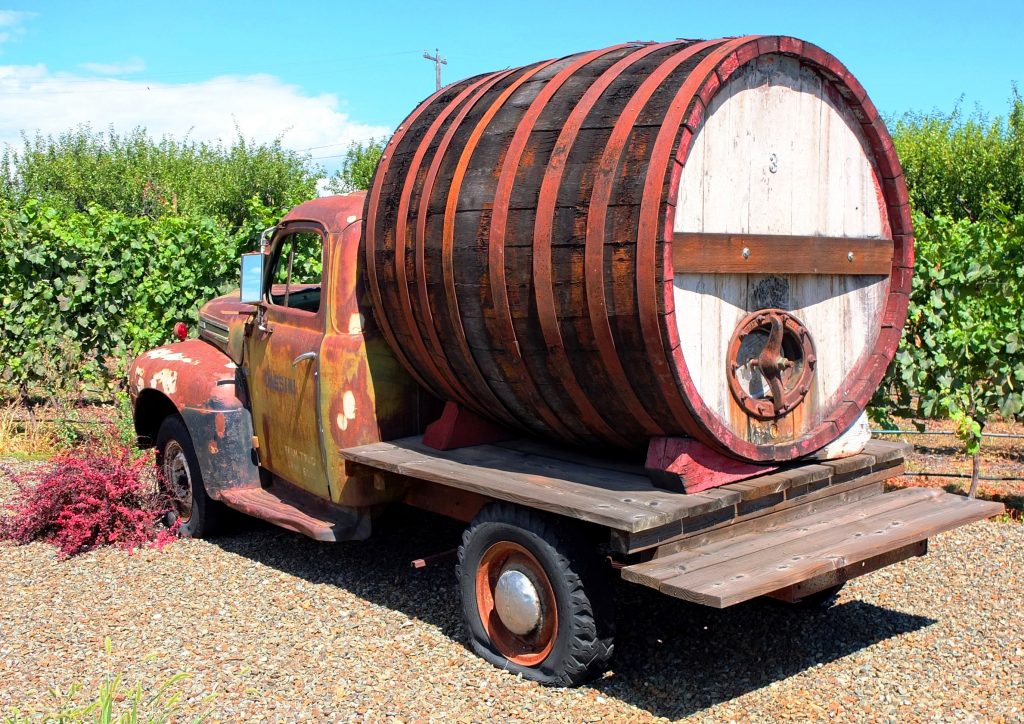
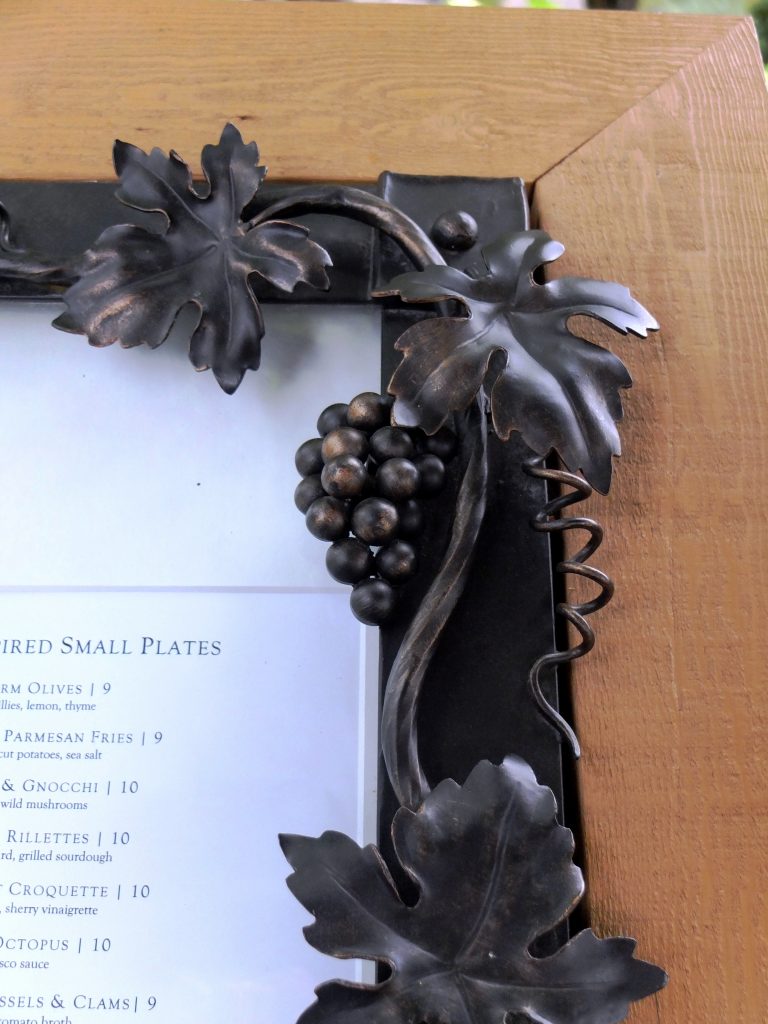

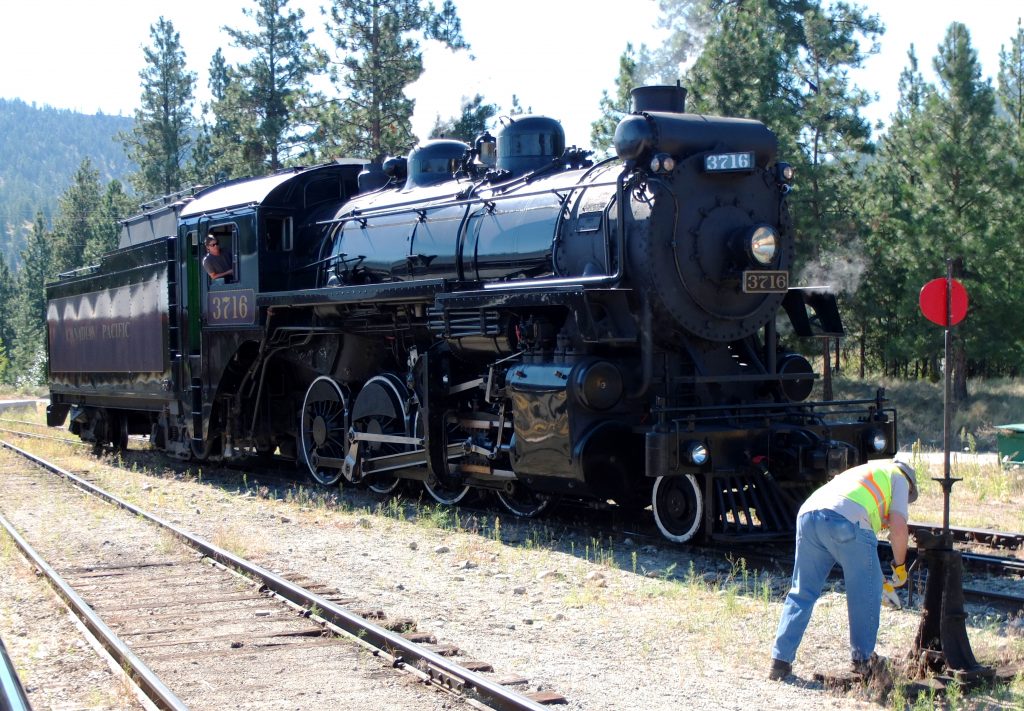
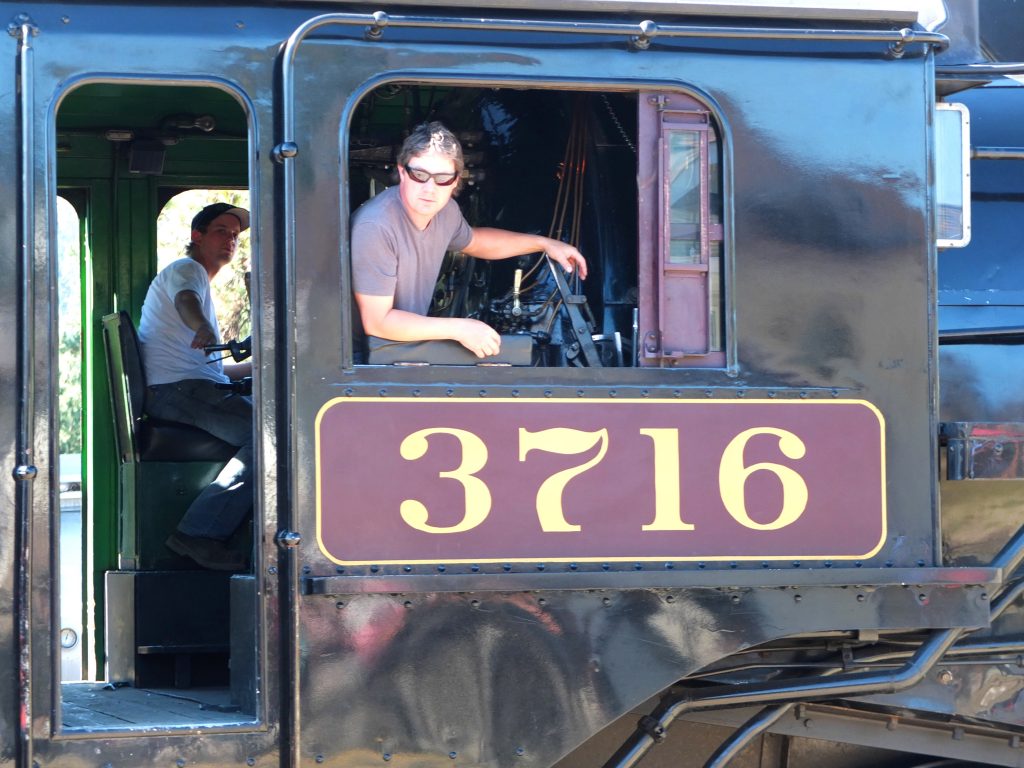
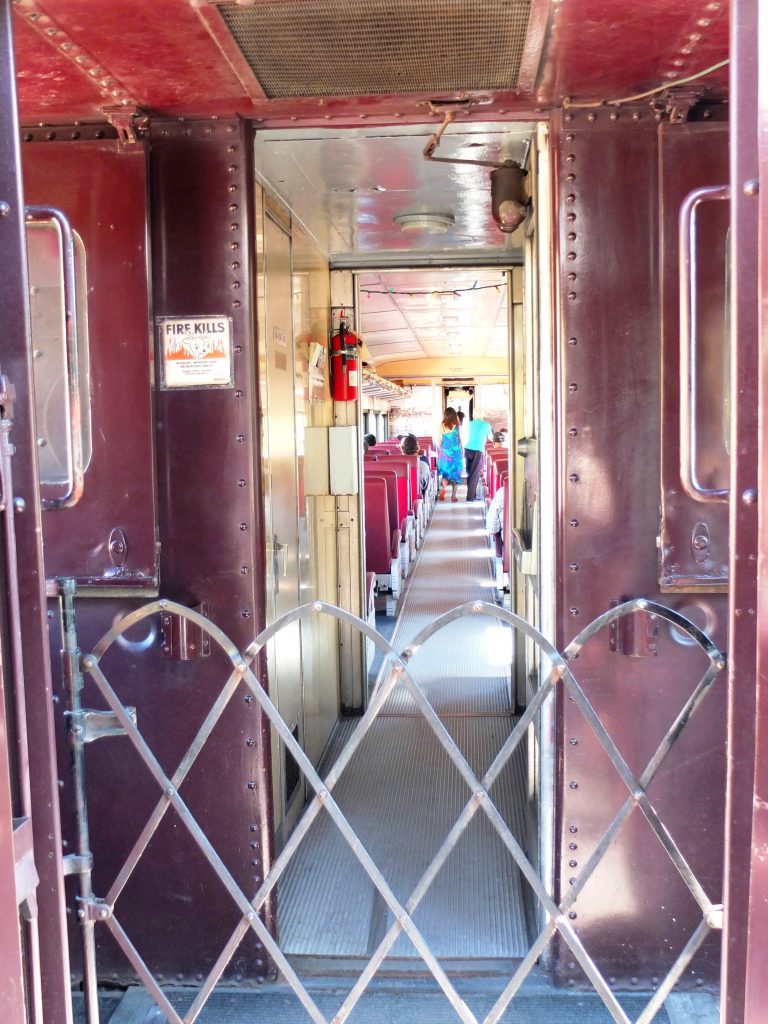
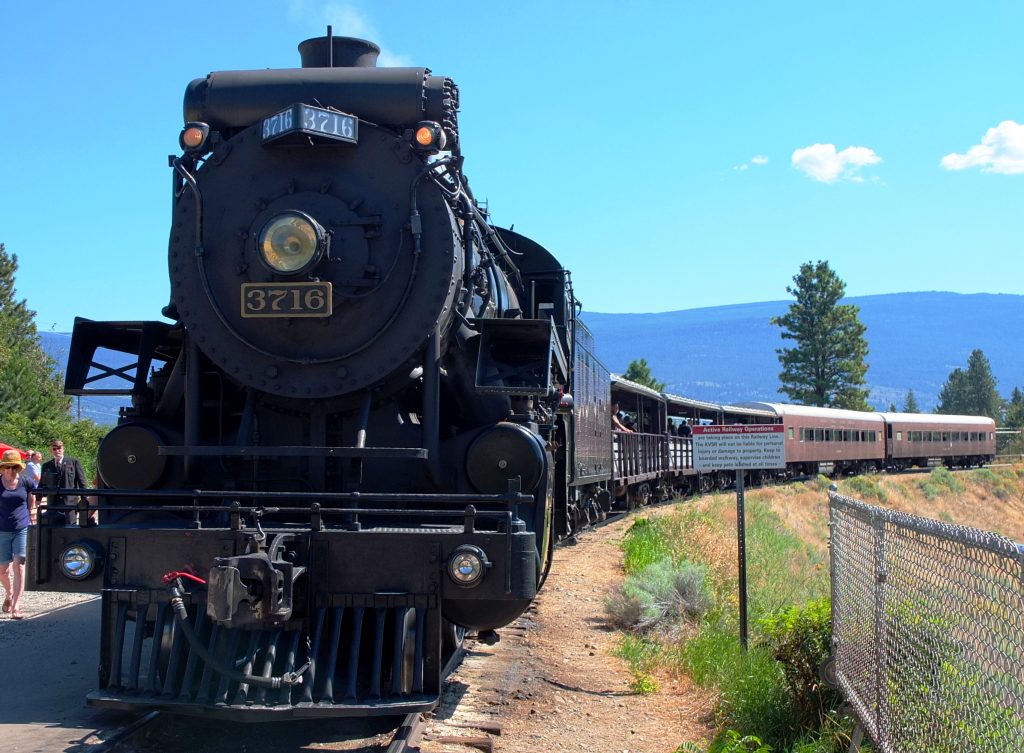
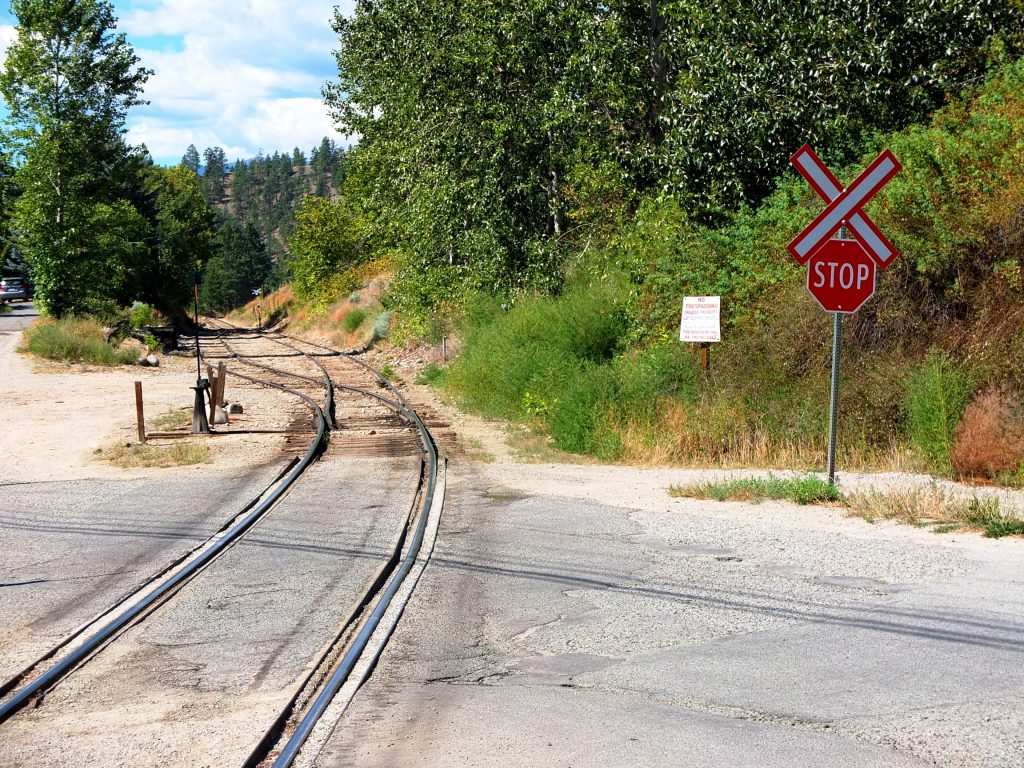
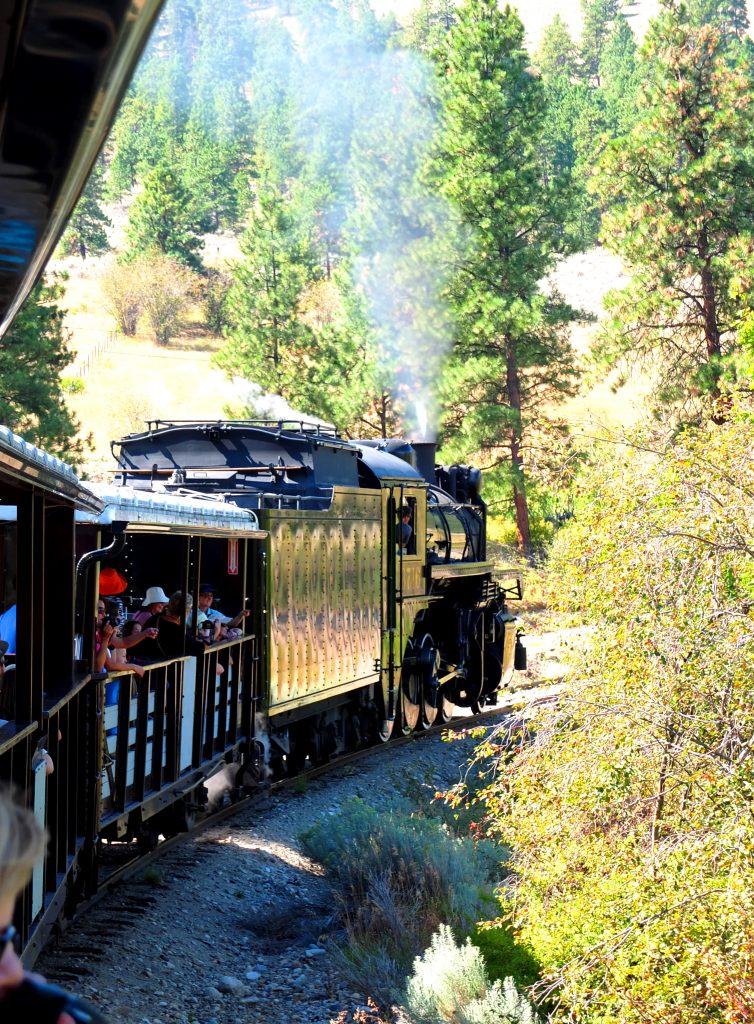
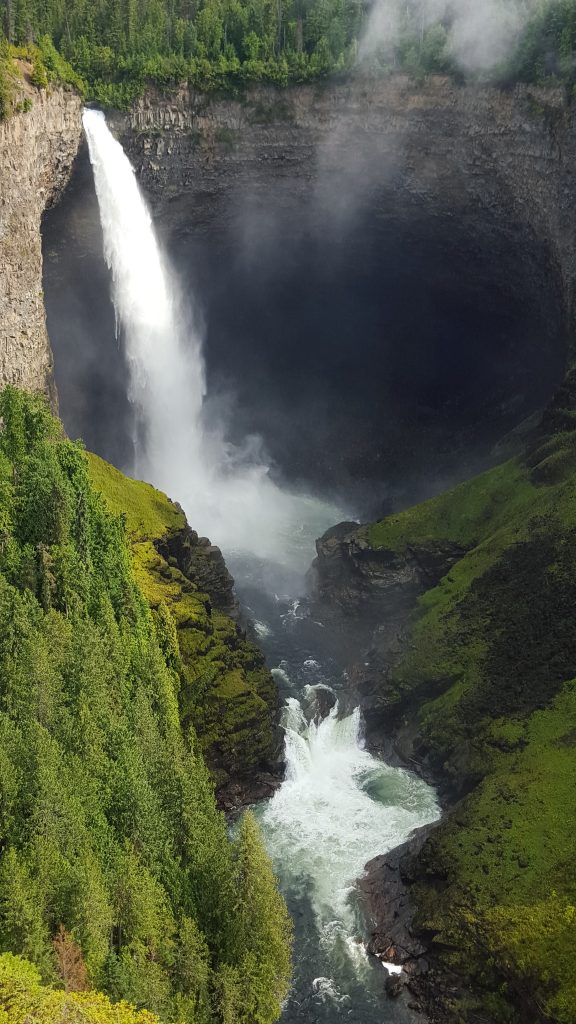

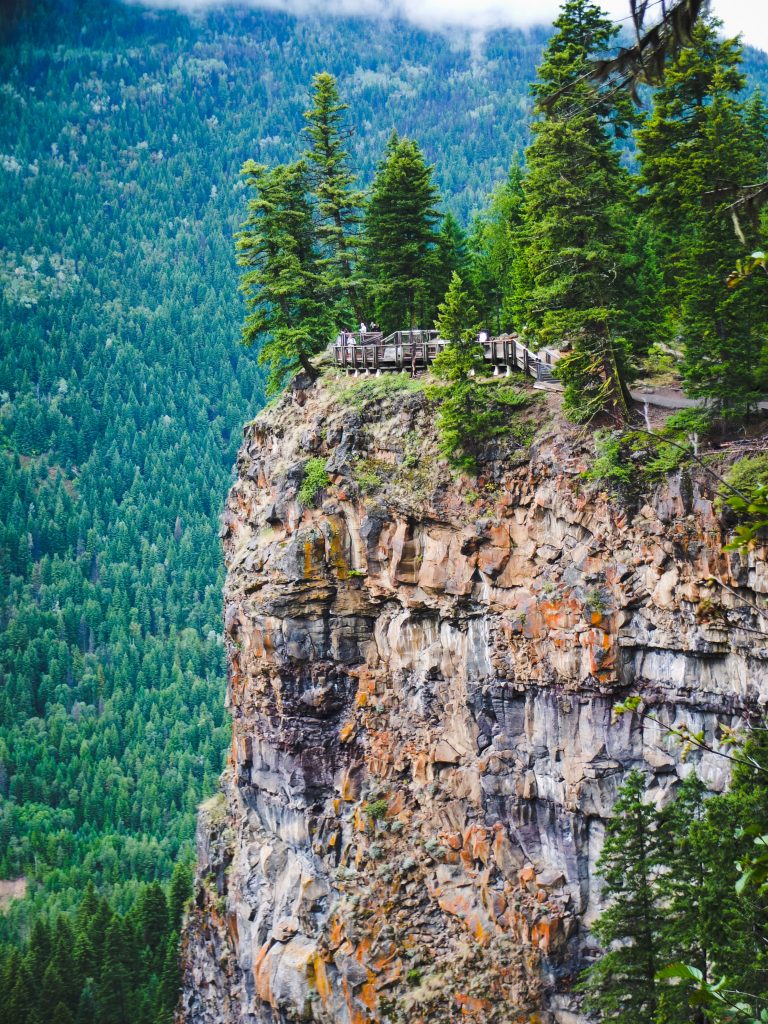
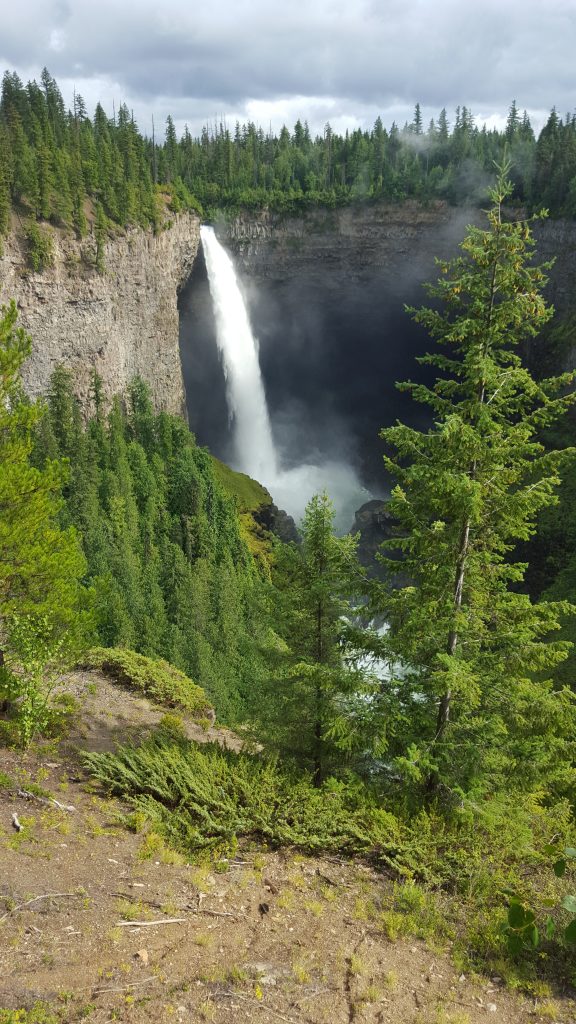

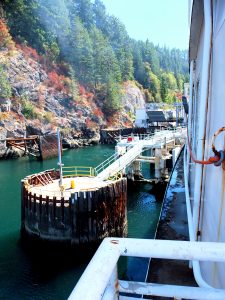
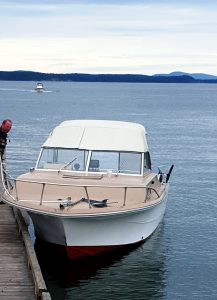



Recent Comments